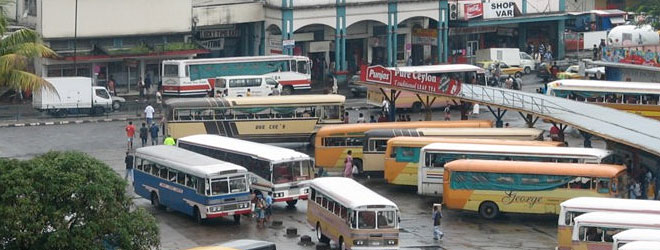The Fiji Bus Operators Association said that the news report by FijiVillage on 16 April 2023 about the bus drivers migrating to New Zealand simply repeats the information in the Stuff.co.nz article without carrying out its own verification.
The Stuff article on Fiji’s bus industry appears to quote the Fiji Bus Operators Association (FBOA) but no information about this issue had recently been provided to the New Zealand news outlet.

The information regarding drivers’ wages quoted by FijiVillage from Stuff is factually incorrect: drivers are paid the minimum national rate of $4.77 an hour – and not $3.75 as quoted by FijiVillage. Some bus companies pay more than the minimum wage rate.
The current bus driver shortage is seriously affecting operations and filling the vacuum will be an ongoing issue unless there is a radical review of the bus fare structure. Buses are public transport providers and drivers are responsible for the lives of numerous people every day, so it is important that we retain experienced and trained drivers.
One of the main issues that hampers the bus industry from properly tackling this bus driver shortage and other operational issues is the fact that the industry is heavily regulated and fares controlled – unlike other businesses, bus companies are unable to increase their fares in line with increases in operational costs. Bus operators must accept the determination of the Fijian Competition and Consumer Commission (FCCC), whose formula for calculating bus fares is not transparent. The FCCC is also the authority that determines fuel costs, a large component of bus operators’ overheads. As it is, the first increase in fares in 10 years – granted in 2021 – was based on the 2020 financial results and these figures have already changed with the across-the-board increases in operational costs.
In short, the bus industry cannot continue to absorb the costs of providing public transportation without any margins. We need the government and the relevant regulatory bodies to ensure a fair process for determining bus fares at the earliest.
Bus operators are facing a crisis in the exodus of skilled and qualified drivers, mechanics, and other tradespeople – and this crisis is understandably affecting operations.
The alternative of bringing in overseas workers is not a sustainable solution to this problem since it will end up costing more with extra expenditure such as accommodation and airfares, which cannot be afforded with the current fare structure.